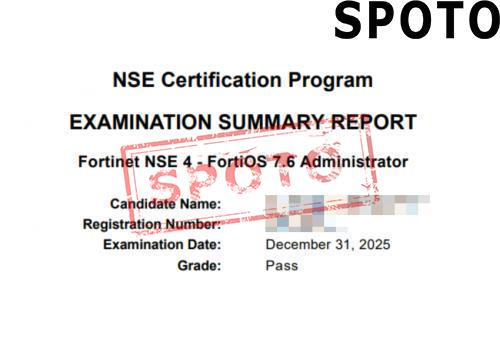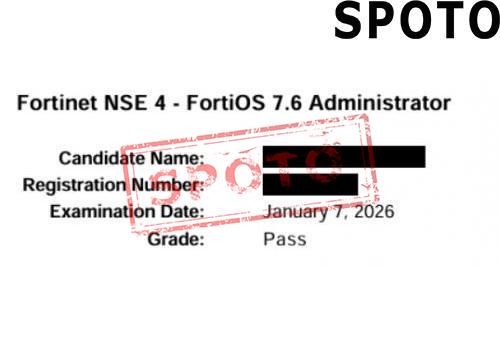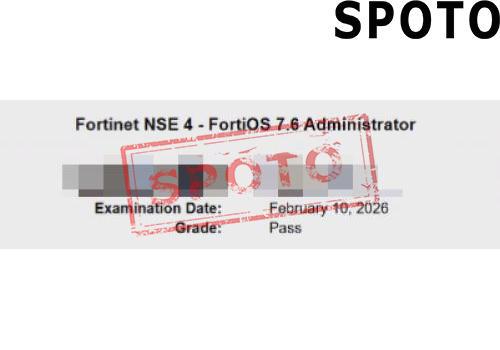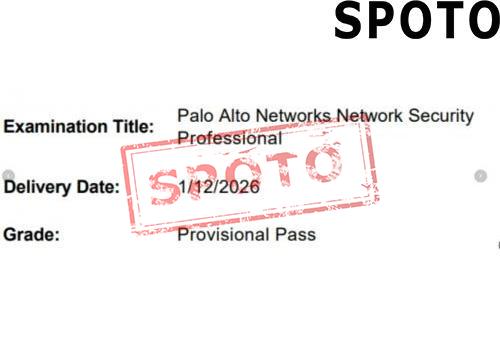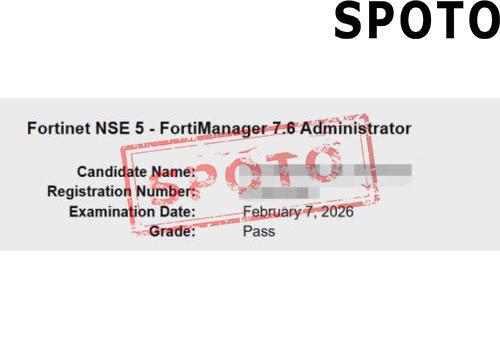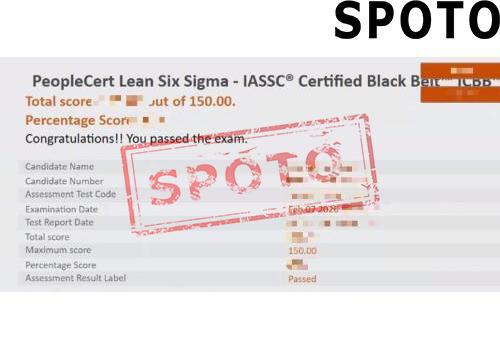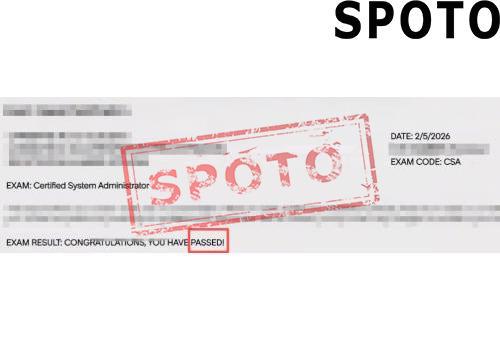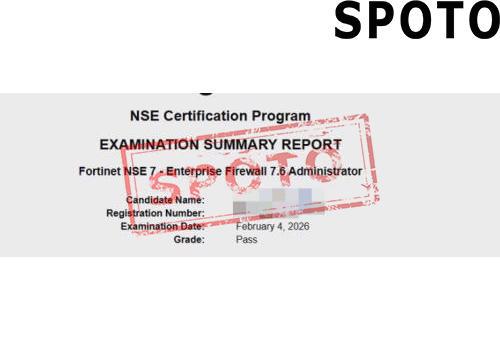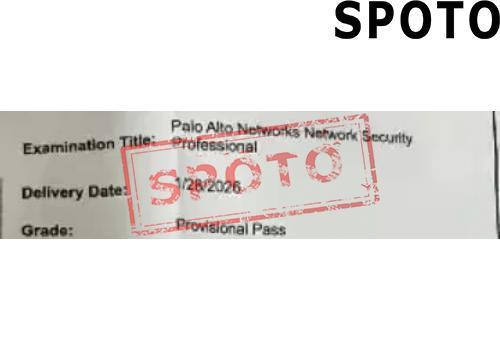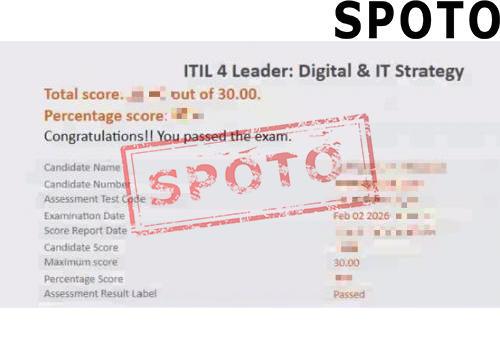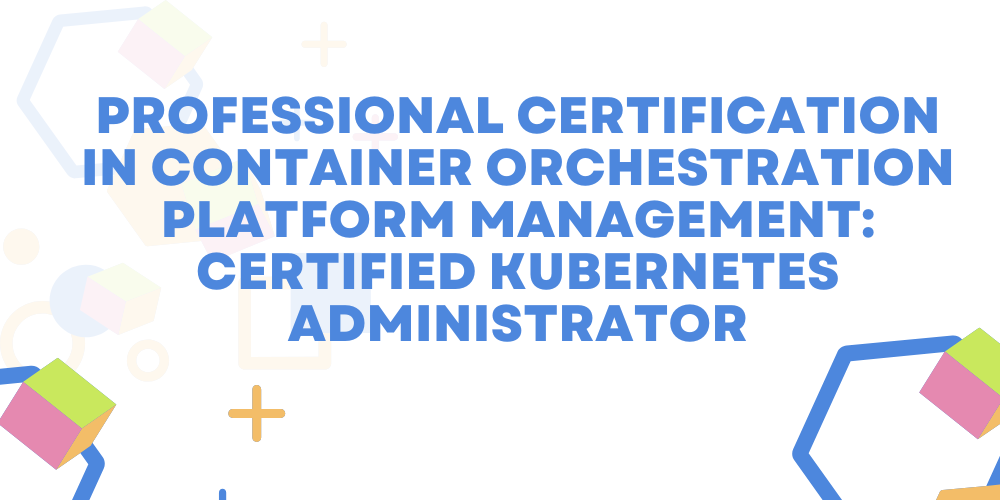
Table of Contents
- 1. Introduction to the Certified Kubernetes Administrator certification
- 2. Why Earn Your CKA Certification?
- 3. Core Components of the CKA Certification
- 4. What are the requirements to be a Certified Kubernetes Administrator?
- 5. Comparable Certifications to Certified Kubernetes Administrator Certification
CKA is a highly valuable professional certification dedicated to improving practitioners' professional capabilities in the Kubernetes container orchestration platform.
1. Introduction to the Certified Kubernetes Administrator certification
Certified Kubernetes Administrator (CKA) is a professional certification jointly launched by the Cloud Native Computing Foundation (CNCF) and the Linux Foundation, aimed at verifying your professional ability to manage operations on the Kubernetes container orchestration platform, ensuring that you can proficiently use the various functions of Kubernetes, efficiently deploy, configure, manage, and operate containerized applications and related cluster environments.
In today's era of booming cloud computing and containerization technology, Kubernetes has become the de facto standard in the field of container orchestration. Many enterprises rely on it to manage large-scale containerized applications, achieve efficient resource utilization, rapid application deployment, and reliable application operation guarantee.
The core of Certified Kubernetes Administrator certification is to cultivate and certify professionals who are proficient in the Kubernetes platform, able to effectively manage the entire lifecycle of containerized applications and Kubernetes clusters from the perspective of enterprise business needs, ensuring high availability, high performance, and security of the platform, while also being able to handle complex tasks such as resource allocation, network configuration, and storage management properly.
These professional talents are like the "helmsmen" of enterprise containerized application environments. They have a deep understanding of the diverse requirements of different business applications for container platforms in enterprises. With the powerful functions and tools provided by Kubernetes, they effectively respond to many challenges such as rapid iteration of applications, large-scale container cluster management, and resource isolation in multi-tenant environments, helping enterprises develop and deploy applications more flexibly and promoting sustainable and stable business development.
2. Why Earn Your CKA Certification?
The Cloud Native Computing Foundation (CNCF) and the Linux Foundation have high authority in the field of cloud native computing, and their Certified Kubernetes Administrator (CKA) certification has high recognition in the management of Kubernetes container orchestration platforms. Obtaining this certification means that you have passed the assessment of a professional organization and mastered the knowledge and skills of the Kubernetes container orchestration platform that meet the standards. When applying for positions involving various aspects and levels of the Kubernetes container orchestration platform, you have strong competitiveness and are easily favored by enterprises.
CKA certification focuses on the key field of Kubernetes container orchestration platform, which is an important support for you to move from traditional operations, system management and other positions to high-level positions in container platform management. By obtaining CKA certification, you can broaden your career development path and often see a significant increase in salary and benefits.
The process of preparing for exams and obtaining certifications enables you to systematically and comprehensively learn various knowledge and skills in the field of Kubernetes container orchestration platform, from basic concepts to specific aspects, providing a solid knowledge platform for further in-depth research and practice of Kubernetes container orchestration platform, which is helpful for your future career development.
Container technology and related cloud native fields are constantly evolving, with new container orchestration features, network configuration methods, security mechanisms, and more emerging. Although the Certified Kubernetes Administrator (CKA) certification is valid for 2 years, it does not mean that you can stop learning. On the contrary, in order to keep up with industry developments, you need to continuously monitor industry trends, learn new knowledge and skills, master cutting-edge practical cases such as Serverless container applications and intelligent container management, and ensure that your professional abilities always adapt to the constantly changing new situation in the Kubernetes container orchestration platform field, thus maintaining an advantage in your career development.
3. Core Components of the CKA Certification
The CKA certification system has built a complete knowledge system for the Kubernetes container orchestration platform, covering core skill modules from cluster architecture, application deployment to security operations and troubleshooting.
Firstly, through learning, you will have a deep understanding of the master/worker node architecture and core component functions such as etcd and API Server, master the cluster deployment methods using tools such as kubeADM in different environments, be proficient in application deployment based on YAML configuration, and achieve complete application lifecycle management.
Secondly, you will gradually become familiar with resource quota allocation, implement resource monitoring and optimization through tools such as Prometheus, master CNI network architecture, configure network policies to ensure container communication security, and be familiar with the selection and lifecycle management of storage types such as persistent storage volumes.
Finally, you can become proficient in user authentication, RBAC authorization, and container image security mechanisms, master multi node redundancy and automatic failover, develop a complete disaster recovery plan, familiarize yourself with automated operation and maintenance processes, master common fault diagnosis and recovery methods, and ultimately have the practical ability to deploy and manage Kubernetes clusters in enterprise production environments.
4. What are the requirements to be a Certified Kubernetes Administrator?
(1) Qualification prerequisites:
CNCF usually recommends candidates to have some work experience in container technology, Linux system management, and operation and maintenance related fields, generally requiring at least 1-2 years of relevant work experience, which will help them better understand and master these contents to prepare for the exam.
Although there are no strict educational requirements, having a college degree or above in a related field is more advantageous for preparing for exams.
(2) Training and examinations:
The CKA exam usually lasts for about 120 minutes, and the question types mainly include multiple-choice questions, multiple choice questions, and operation questions. By testing your understanding, application, and analytical abilities of various aspects of the Kubernetes container orchestration platform, you can verify whether you have the corresponding professional competence.
According to the standards set by CNCF, you need to achieve a certain percentage of scores to pass the exam, and the score line may be slightly adjusted based on factors such as different exam batches. The exam fee is roughly around $300.
(3) Qualification maintenance:
The CKA certificate is generally valid for 2 years, during which it can prove that the holder has the corresponding professional ability in Kubernetes container orchestration platform
In order to maintain the validity of the certificate, you need to accumulate a certain number of credits by participating in CNCF accredited continuing education activities during the validity period.
5. Comparable Certifications to Certified Kubernetes Administrator Certification
- Certified Kubernetes Application Developer (CKAD)
- Certified Kubernetes Security Specialist (CKS)
- Google Cloud Certified - Kubernetes Engine Specialist
- AWS Certified Elastic Kubernetes Service (EKS) Specialist
